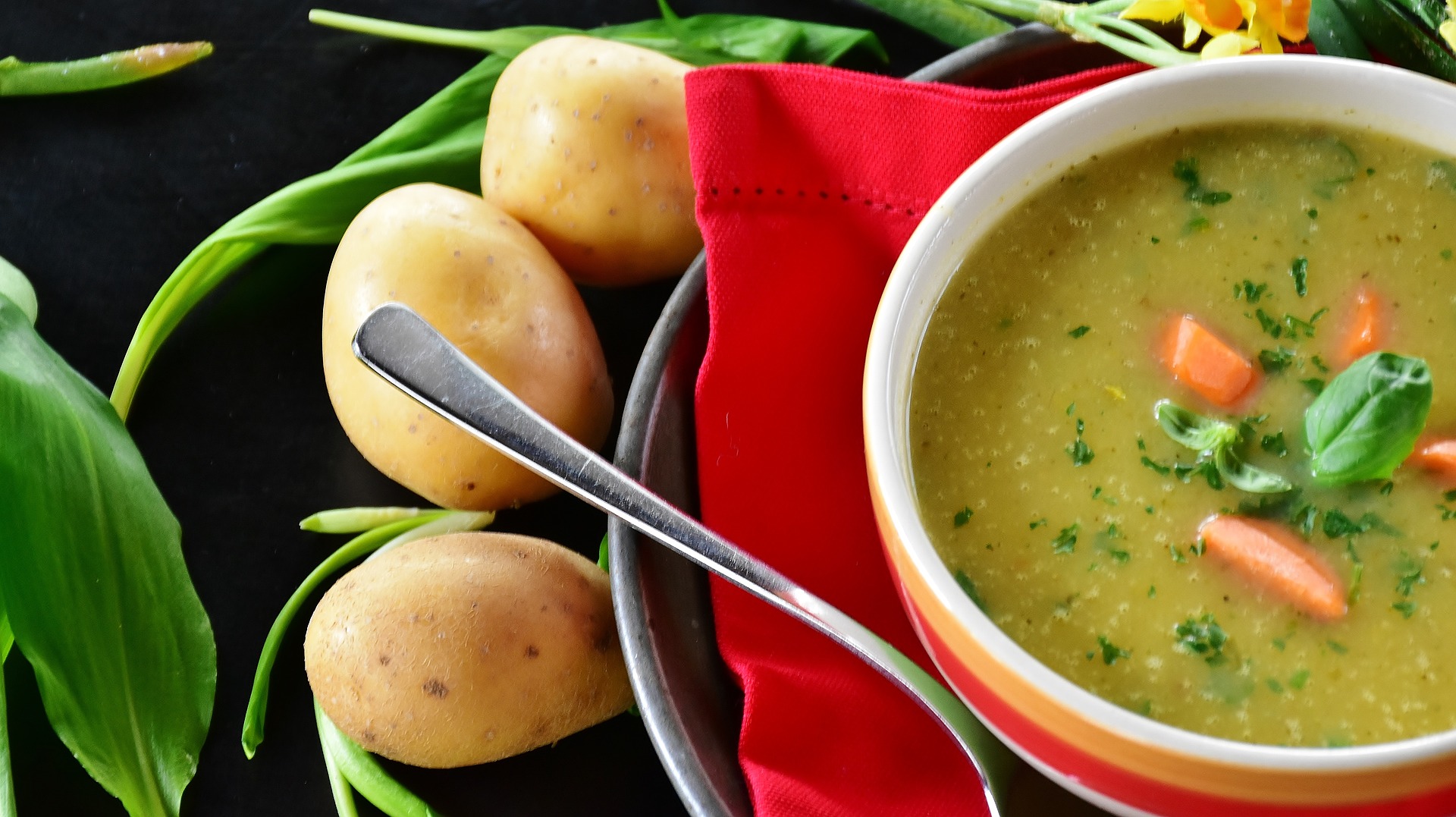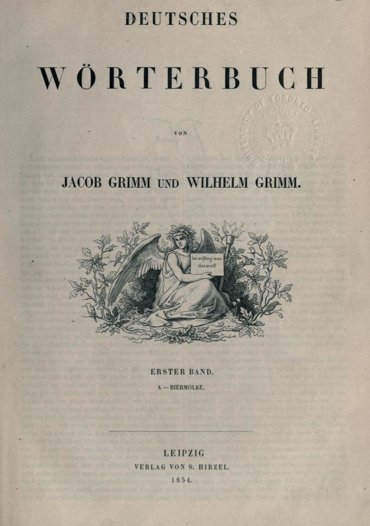Untranslatable German Words: Mahlzeit Posted by Sten on Feb 25, 2021 in Culture, Language, Traditions
Welcome to another dip in the toe of the deep pond of untranslatable German words. We’ve discussed plenty already, and you probably won’t hear many of them on a daily basis, unfortunately. The word that we look at today, however, is different. Here’s the story of how an innocent word became a word that many Germans use every single day: Mahlzeit!
Mahlzeit – Meal time?
Literally, die Mahlzeit means “the meal time“. The noun itself isn’t untranslatable, it simply means “meal“. But Mahlzeit has another meaning, one that these days is probably more common as die Mahlzeit is more and more pushed away by das Essen (the food, the meal): as a Grußformel (salutation).
Especially in the west of Germany as well as in Austria, Mahlzeit is often used to say hello, especially around the Mittagszeit (noon, lunchtime)!
The classic example is workers sitting together in the Pausenraum (break room) having their Mittagessen (lunch) who are greeted by their colleague who just entered. Here, Mahlzeit says hello in a short way and wishes everybody a good Mahlzeit.
But you can also simply use it as a greeting when people aren’t having food.
Let’s say you enter the Apotheke (pharmacy) around 13:00 Uhr (1 pm), you could greet the staff with Mahlzeit! If you’ve been there before, that is. It’s not something you’d say if you’re not somehow on a personal level with those you’re greeting.
This is especially widespread in the north of Germany. To be honest though, I’ve heard it all over Germany, so people will generally know it. You won’t get strange looks from people when saying it.
However, it is true that the Grußformel is most common in the work environment. It is quite umgangssprachlich (colloquial), so if you are in a formal setting, it’s not the way to go. Guten Mittag (good afternoon) is a better one, for example.
In Switzerland, you won’t hear Mahlzeit as a greeting. But they have a similar greeting: En Guete! which means as much as Guten Appetit (enjoy your meal). It even looks a bit like the English “have a good one!”
Where does this meaning of Mahlzeit come from?
Mahlzeit is a Kurzform (shorthand) of the Grußformel “Gesegnete Mahlzeit!” (blessed meal!), however the Kurzform as we know it today has already been around since the 19th century. The Brüder Grimm (Grimm brothers) noted it already in their Wörterbuch, which was published in 1854.
Have you heard this Gruß before? Have you used it? How’s been your experience? Do you have a similar greeting in your language? Do you know of a translation that would properly translate Mahlzeit? I want to know, so please tell me in the comments below!

Build vocabulary, practice pronunciation, and more with Transparent Language Online. Available anytime, anywhere, on any device.






Comments:
N:
Hi, Im from S.korea. first of all, I’m not native English speaker, so please excuse my english if there is any word grammatically wrong 🙂
It is very interesting reading your blog as im currently have started learning German. I am enjoying your posts very much. by the way, as you mentioned similar other language, I’d like to tell you mine! We have like 99% same kind of expression here in Korea. It’s “밥 먹었어?(Bab meogeosso?)”. Literal means “did you eat?”, but used as greeting most of times. 🙂
Sten:
@N Hi!
That’s so interesting, thanks for adding that 🙂 Very cool.